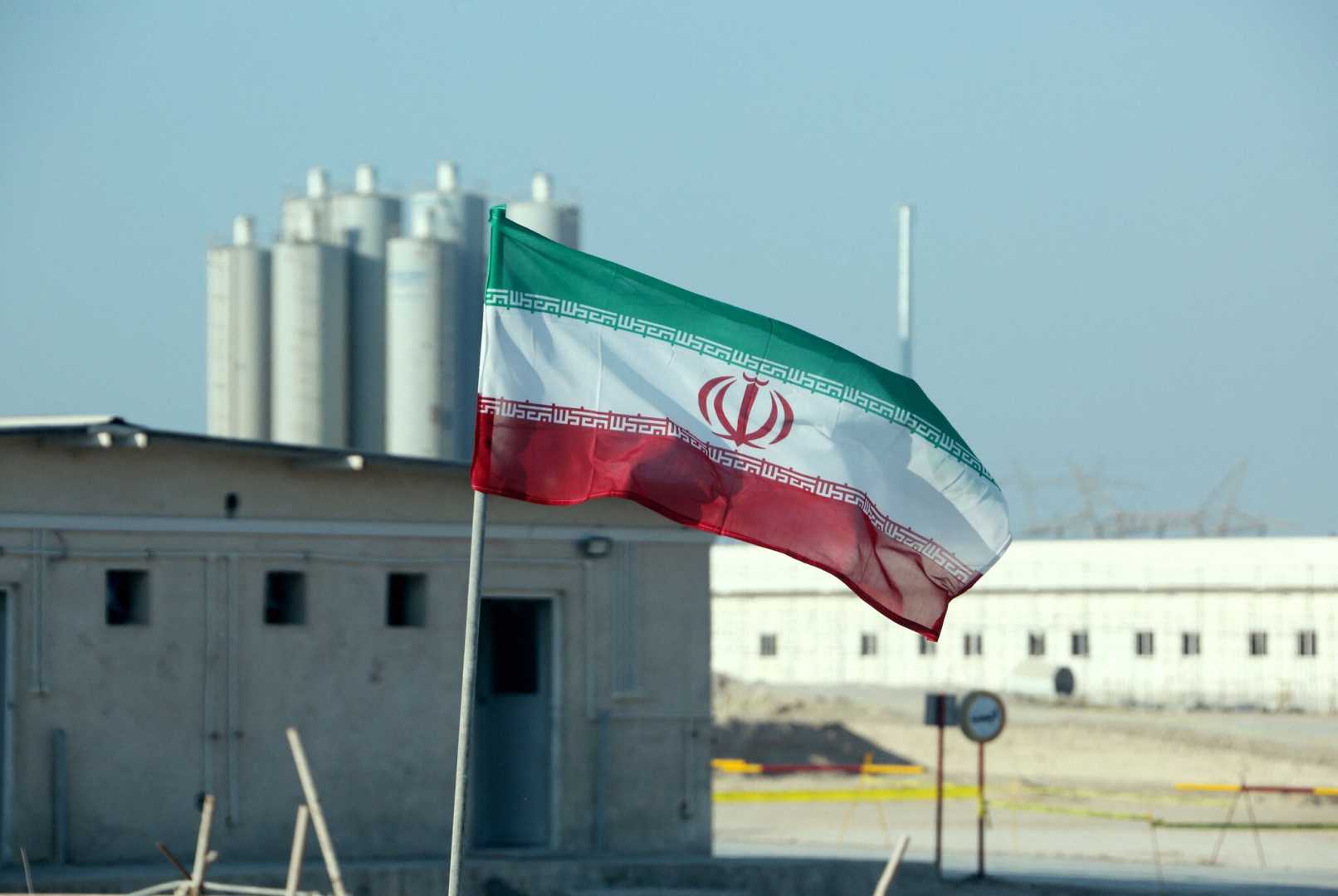World
Growing Tensions in the Middle East: Israel and Iran’s Nuclear Ambitions

Tensions in the Middle East continue to escalate as Israel grapples with the Iranian nuclear weapons program, a situation highlighted by recent activities and reports. Israeli Prime Minister Benjamin Netanyahu has made no secret of his concerns about Iran‘s potential development of nuclear weapons, which could shift the balance of power in the region.
The West, employing both diplomatic strategies and intelligence operations, has thus far succeeded in delaying Iran’s acquisition of nuclear capabilities. However, the risk of escalation remains high, as the geopolitical landscape of the Middle East is fraught with historical animosities and distrust. As Ken McCallum, head of MI5, has recently noted, the potential threats posed by Russian and Iranian operatives extend beyond the Middle East, influencing security concerns in Europe as well.
Both Russia and Iran have been implicated in covert activities, intensifying the security challenges faced by Western nations. “The actions of Russian and Iranian agents in vital national infrastructures demand our close attention,” said McCallum, emphasizing the need for vigilant defensive strategies.
According to Western analysts, the Iranian regime, led by the ayatollahs, faces not only external pressures but also internal dissent. Recent protests, especially those related to gender rights and youth culture, have highlighted the growing discontent with the ruling clerics. The regime’s response to these challenges could dictate its political survival, especially if it fails to fend off threats from Israel.
In the realm of nuclear developments, Iran possesses uranium mines and processing facilities, including multiple enrichment plants. With its missile capabilities, Iran is positioned to become a nuclear-armed state, though its progress is closely monitored by the U.S. and the International Atomic Energy Agency (IAEA). “Iran’s nuclear ambitions have been in play since the 1950s, with ebbs and flows in scrutiny over the decades,” an IAEA official stated, referring to the ongoing monitoring efforts.
Concerns about the possible support from Russia, particularly in the exchange for military supplies, have heightened fears of nuclear proliferation. Reports suggest that Russian President Vladimir Putin may provide Iran with critical expertise to challenge Western interests more broadly.
Despite these developments, the effectiveness of Iranian missiles remains questionable. “There is substantial skepticism regarding the accuracy and reliability of Iranian missile systems,” said a defense analyst, who noted that a significant portion of such missiles have failed to hit their intended targets.
Israel’s strategic deterrence is currently maintained by its own nuclear capabilities, a fact acknowledged by international observers as a counterbalance to Iran’s ambitions. However, the potential for conflict remains a global concern if diplomatic solutions are not found swiftly.












